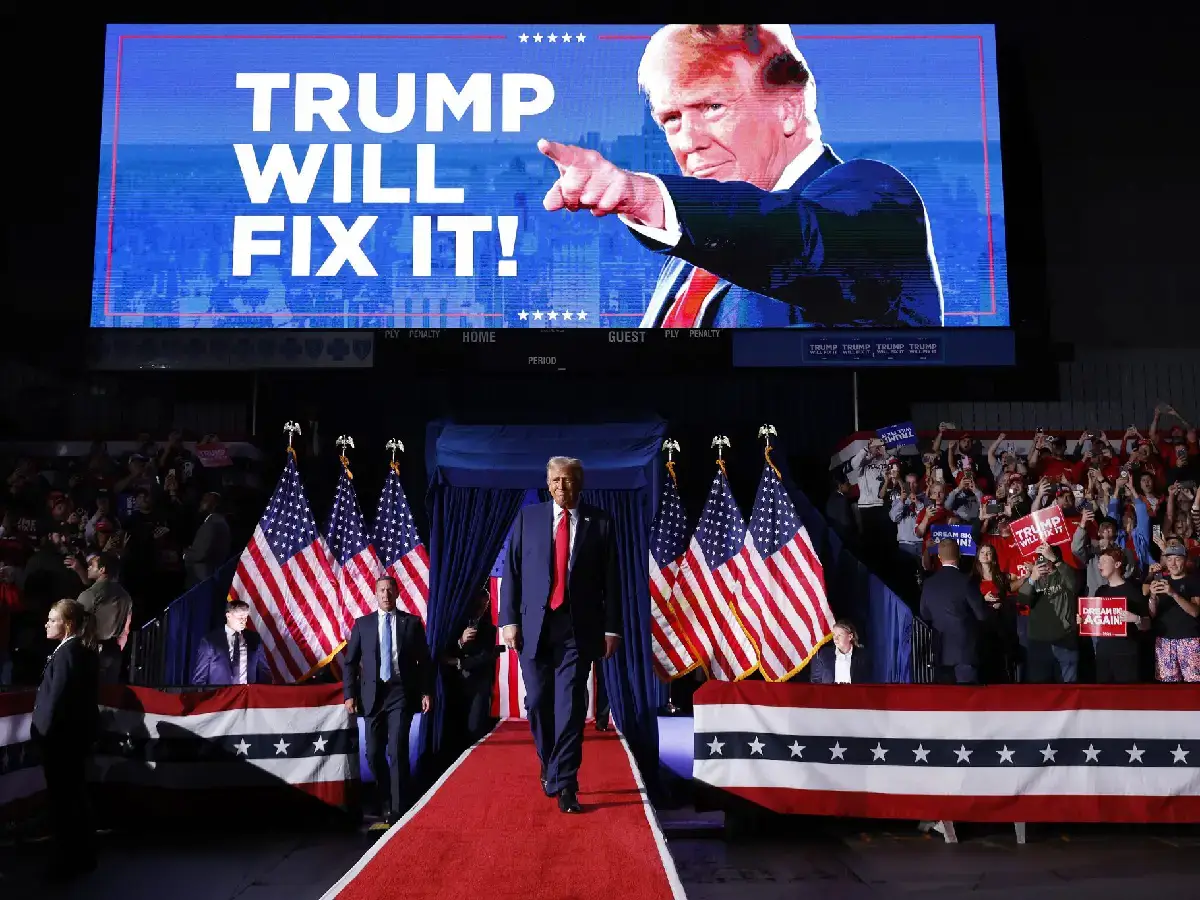### Analyzing the Impact of Rumors on Trade Policies: Recent Developments
In the ever-evolving landscape of international trade, businesses and investors hang on every word, tweet, or report that could signal shifts in policy, especially when it involves significant economies like the United States. Recently, a flurry of rumors suggested that President Trump might be reconsidering his stance on the tariffs that have been part of his administration’s hallmark economic policy. However, these reports were quickly addressed and labeled as “fake news” by the White House, causing a stir among traders and political analysts alike.
#### The Power of Social Media in Influencing Trade Sentiment
The original rumor that President Trump was contemplating a halt to his broad tariff policies gained traction swiftly over social media platforms. Major news outlets such as CNBC and Reuters further amplified the speculation, leading to significant discussions across various networks. This situation exemplifies the powerful role social media plays in modern financial markets, where even unverified information can lead to considerable volatility.
#### White House Response and Market Reactions
Following the widespread dissemination of these claims, the White House swiftly responded, dismissing the rumors as “fake news.” This quick rebuttal from the administration was crucial in clarifying the President’s position and aimed at stabilizing the markets which might have reacted nervously to the uncertainty. The incident underscores the sensitivity of global markets to policy changes and rumors regarding economic strategies, particularly those involving tariffs and major trading relationships.
#### The Role of Major News Outlets in Economic Reporting
The involvement of respected news organizations like CNBC and Reuters in circulating the initial rumors brings up critical questions about the responsibilities of news media in economic reporting. Given their influence, these organizations have a significant impact on market sentiment and investor decisions. Accurate and responsible reporting is crucial, especially in an era where information can be disseminated globally within seconds, potentially affecting millions.
#### Implications for Future Trade Policies
This event highlights the broader implications of trade rumors and their potential to affect policy discussions and decisions. Analysts and policymakers alike must navigate the complex interplay between actual policy initiatives and the public perceptions or misconceptions surrounding them. Understanding this dynamic is vital for anyone involved in the fields of economics, political science, or global trade.
#### Conclusion: Navigating the Complex World of Economic Policies and Media
As we move forward, the role of both social media and traditional news outlets will continue to be pivotal in shaping public understanding and responses to trade policies. For stakeholders in global markets, staying informed and critically evaluating the sources and facts of economic news will be essential. Meanwhile, policymakers and government officials must communicate clearly and effectively to minimize misunderstandings and stabilize market reactions.
The unfolding of events such as these serves as a reminder of the intertwined nature of media, politics, and the global economy. As consumers of information, it remains our responsibility to seek out clarity and maintain a critical eye on the developments shaping our world.










